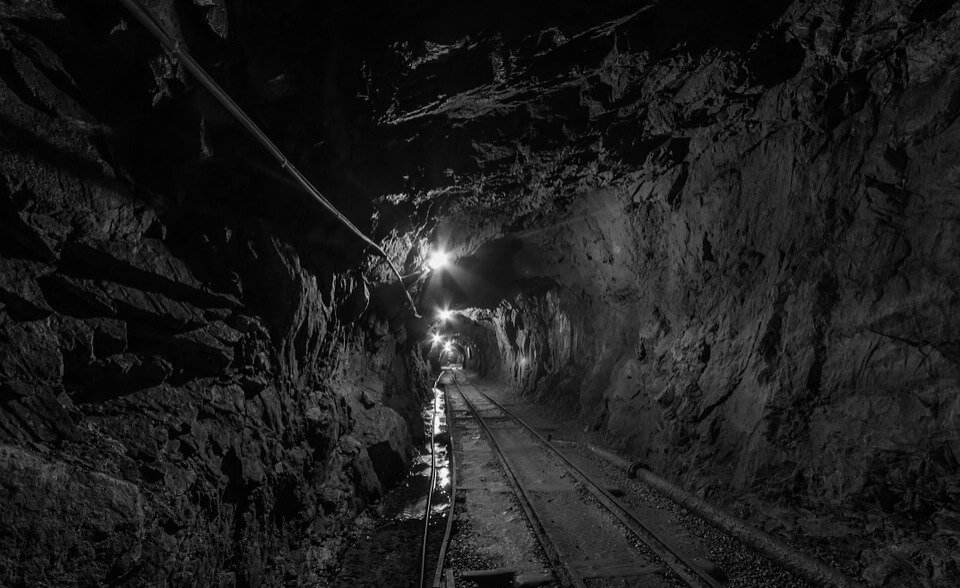
Zimbabwe Government Reverses Mining and Registration Fees Hike
The Zimbabwe Government has reverted to old mining and registration fees after players in the sector engaged the authorities to review the recent increases.
The Ministry of Mines and Mining Development Last week sparked an outcry when it increased mining and registration fees by over 800 percent after pegging them in United States dollars.
The Zimbabwe Miners Federation (ZMF) miners argued the development was going to cripple their operations and close out new comers.
The Government said the reversal to old rates has been made in terms of Section 403 of the Mines and Minerals Act (Chapter 21:05).
“The Minister of Mines and Mining Development . . . made the following regulations: these regulations may be cited as the Mining (General) (Amendment) Regulations, 2021 (No. 25),” it said in a latest update.
“Mining (General) (Amendment) Regulations, 2021 (No 24), published in Statutory Instrument 44 of 2021, are repealed.” The rates are now pegged in local currency.
For instance, an ordinary prospecting license is now pegged at ZWL$1 000 from US$100, which translates to ZWL$8 300 at the prevailing interbank rate.
A special prospecting license that had been pegged at US$750 has been reviewed to ZWL$3 750, the application for revocation of forfeiture, which had been increased to US$1 000 is now pegged at ZWL$5 000.
An application for an Exclusive Prospecting Order (EPO) is now at ZWL$10 000 from US$2 000 (non-refundable).
Meanwhile, wage negotiations between Zimbabwe’s mining companies and unions are expected to be completed today to avert a potential job action by one of the unions. This week, the Zimbabwe Diamond and Allied Minerals Workers Union (ZDAMWU) had warned of an unspecified action if mining companies do not come up with a new salary offer for the first quarter of this year.
ZDAMWU has a membership of nearly 11 000 mine workers and has been participating in the wage negotiations at workers’ council level. However, it has not been accommodated at the National Employment Council due to legal technicalities.
Various parties in the negotiations have confirmed today’s meeting was likely to seal a wage deal.
“We have met about four times now. We are likely to have a deal tomorrow (today),” said one person who declined to be named because the matter is private.
“We are happy there is no deadlock at the moment and we don’t anticipate any kind of deadlock as the negotiations have been going very well.”
The collective bargaining for the industry is held quarterly and mine employees have been traditionally represented by the main wing Associated Mine Workers Union of Zimbabwe.
There are now seven registered unions representing mine workers and their submissions are considered in wage negotiations. Workers were demanding a wage increase of 100 percent to be fully paid in foreign currency, another source said. But this was rejected by the miners, arguing that they are retaining only 60 percent of export proceeds.
Paying employees in foreign currency would affect viability given that labour constitutes 30 percent of the expenditure. Besides, some mining companies, such as coal miners are not exporting.
The workers also wanted to be paid a Covid-19 allowance.
“What we seek is to have a minimum wage but workers can negotiate with their respective employers for a higher wage,” said an official with AMWUZI. The mining industry is among sectors expected to help the recovery of the economy. Last year, export earnings from the industry contributed 73 percent of the country’s total exports.

